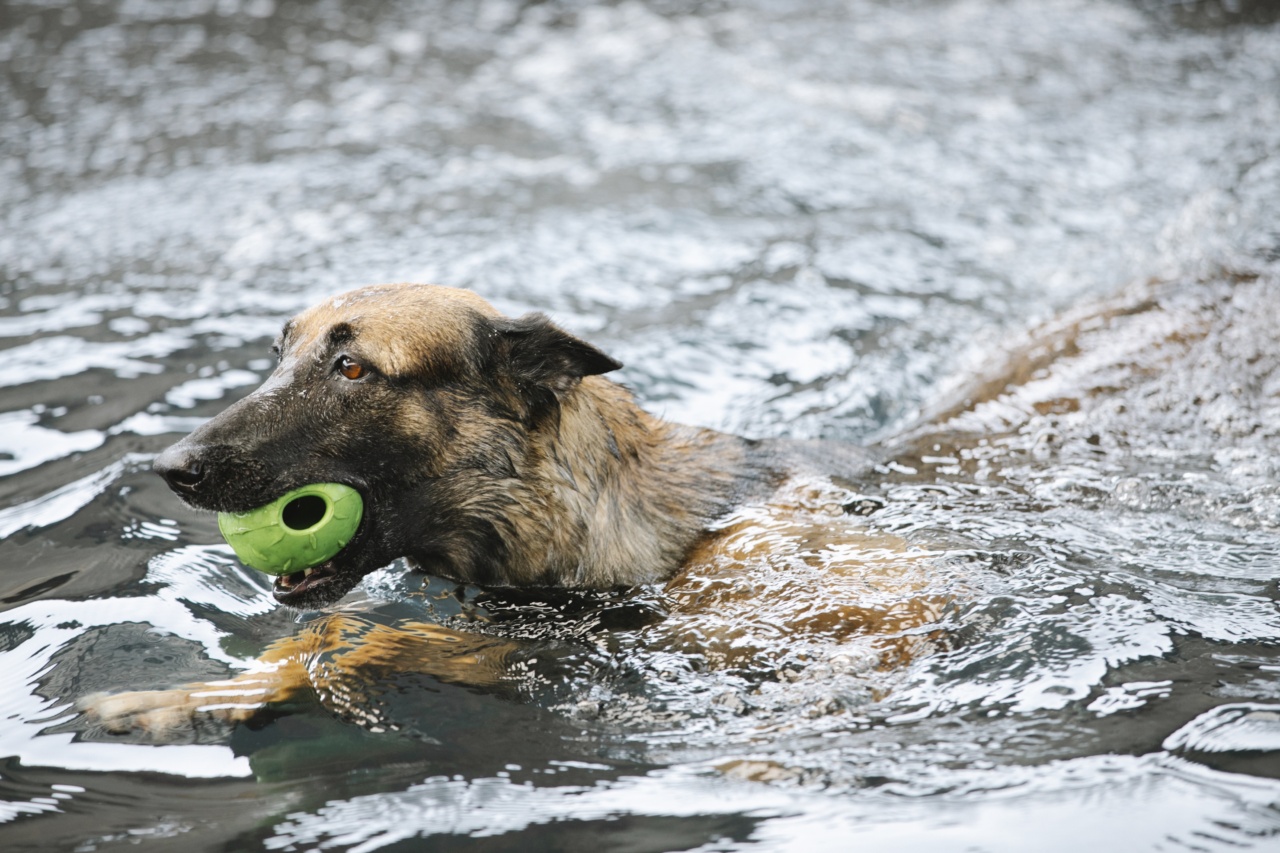The German Shepherd is a breed of working dog known for its loyalty, intelligence, and protective nature. Originally developed in Germany as a herding dog, the breed quickly gained popularity due to its versatility and trainability.
Today, German Shepherds are utilized in various roles such as police and military work, search and rescue missions, and as service dogs for people with disabilities.
Origin and History
The German Shepherd, also known as the Alsatian, originated in Germany in the late 19th century. Captain Max von Stephanitz, a German cavalry officer, is credited with creating the breed.
He sought to develop a versatile working dog with a strong work ethic and a keen sense of loyalty. Von Stephanitz, along with other breed enthusiasts, established guidelines for breeding these dogs to ensure their desirable traits were passed on to future generations.
Originally, German Shepherds were bred primarily for herding and guarding sheep. Their intelligence and ability to learn quickly made them excellent working dogs.
They were also utilized by the military during World War I, where their exceptional abilities in various roles, such as messenger and ambulance dogs, were recognized.
Physical Characteristics
The German Shepherd is a large and muscular breed, with males typically weighing between 65-90 pounds and standing 24-26 inches tall at the shoulder. Females are slightly smaller, weighing between 50-70 pounds and standing 22-24 inches tall.
Their strong physique allows them to excel in physically demanding tasks.
German Shepherds have a distinctive double coat consisting of a dense, harsh outer coat and a thick undercoat. This coat provides them with protection against various weather conditions and enables them to work in extreme environments.
Their coat color can range from black and tan, black and red, sable, or all black.
Temperament
German Shepherds are renowned for their loyalty to their families. They form strong bonds with their owners and are often protective of them, making them excellent guard dogs.
However, proper socialization and training are essential to ensure they do not become overly protective or aggressive.
Intelligence is another hallmark of the German Shepherd breed. They are quick learners and thrive on mental stimulation. This intelligence, coupled with their strong work ethic, makes them highly trainable for various tasks.
They excel in obedience training, agility competitions, and advanced scent work.
In addition to their loyalty and intelligence, German Shepherds possess a natural protective instinct. They are instinctively watchful and will often alert their owners to potential threats.
This protective nature, combined with their imposing size and appearance, makes them an excellent deterrent to intruders.
Working Roles
German Shepherds are highly versatile working dogs and excel in various roles due to their intelligence and physical abilities. Some of the key roles in which they are commonly employed include:.
1. Police and Military Work
German Shepherds have a long history of serving as police and military dogs. Their keen sense of smell, intelligence, and obedience make them ideal for tasks such as search and rescue, drug detection, and apprehension of criminals.
They are trained to perform complex tasks under high-stress situations.
2. Search and Rescue
Their exceptional scenting abilities and physical endurance make German Shepherds invaluable in search and rescue operations. They can track missing persons, locate survivors under rubble, and assist in locating evidence in criminal investigations.
3. Service Dogs
German Shepherds are often trained as service dogs for individuals with disabilities. They can assist people with mobility impairments, hearing loss, and visual impairments.
Their intelligence and trainability enable them to perform tasks such as retrieving objects, guiding their handlers, and providing emotional support.
4. Therapy Dogs
German Shepherds also make excellent therapy dogs. Their calm and gentle nature, combined with their loyalty and intelligence, allows them to provide comfort to individuals in hospitals, nursing homes, and other healthcare settings.
They can help reduce anxiety and provide emotional support to those in need.
Care and Training
German Shepherds require regular exercise to keep them mentally and physically stimulated. Daily walks, playtime, and training sessions are essential to prevent boredom and ensure they remain well-behaved.
They thrive in environments with ample space to run and play.
Proper socialization from an early age is vital to ensure German Shepherds develop into well-rounded dogs. Early exposure to different people, animals, and environments helps prevent them from becoming overly wary or fearful.
It also helps them adapt to new situations with ease.
Training German Shepherds should be firm, yet positive. They respond best to consistent and reward-based training methods. Early obedience training is crucial to establish boundaries and foster good behavior.
Advanced training can include tasks specific to their working roles, such as tracking or search and rescue work.
Health Concerns
German Shepherds, like any other breed, can be prone to certain health issues. Some of the common concerns associated with this breed include:.
1. Hip Dysplasia
Hip dysplasia is a common genetic disorder in which the hip joint does not develop correctly. It can lead to pain, lameness, and eventually arthritis.
Proper breeding practices, such as screening breeding dogs for hip dysplasia, can help reduce the occurrence of this condition.
2. Degenerative Myelopathy
Degenerative myelopathy is a progressive neurological disorder that affects the spinal cord. It can lead to weakness and loss of coordination in the hind limbs.
Unfortunately, there is currently no cure for this condition, and affected dogs may gradually lose the ability to walk.
3. Exocrine Pancreatic Insufficiency
Exocrine pancreatic insufficiency is a condition where the pancreas fails to produce adequate digestive enzymes. It can result in poor digestion and malnutrition.
Affected dogs may require enzyme supplements to aid in the digestion and absorption of nutrients.
Conclusion
The German Shepherd is a loyal, intelligent, and protective breed that excels in various working roles. Their versatility and trainability make them indispensable in fields such as law enforcement, search and rescue, and as service dogs.
While they require proper socialization and training, their loyalty and protective nature make them excellent companions and guardians. With the right care and training, German Shepherds can thrive and bring immense joy to their families.






























